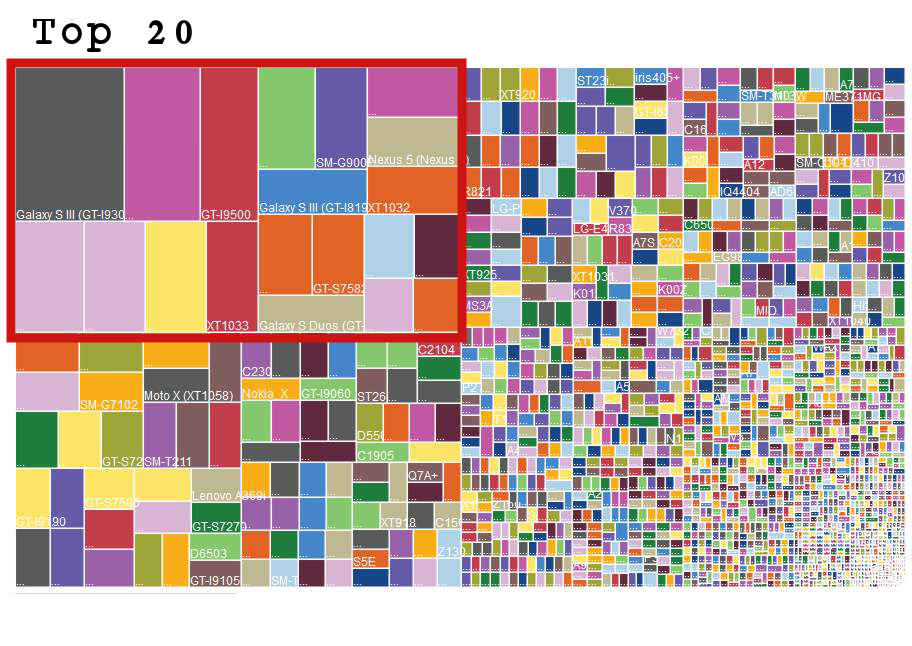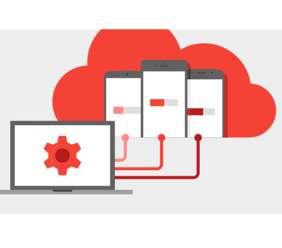| Google Cloud Test Labs Coming Soon |
| Written by Kay Ewbank | |||
| Thursday, 04 June 2015 | |||
|
Android app developers will be interested in a new service that lets you test apps on a mix of real and virtual devices being launched by Google. Its free tier will cover around a quarter of the devices currently in use. Android's fragmentation problem - the number of versions in use and the literally thousands of different devices in the wild - is a constant headache for developers who want to tap into the huge global market that exists for their apps. Xamarin Test Cloud is already available as facility to test your apps on 1000 real mobile devices, but costs from $1000 per month. Now Google is entering this space with a service that could be free to use as long as you are only interested in the most popular devices.
When it launches, the Cloud Test Lab service will give you access to nearly every brand, model and version of physical devices your users might be using, along with an unlimited supply of virtual devices in every language, orientation and network condition around the world. The announcement of the new service was made at the Google I/O conference. The way it works as outlined on the Early Access Form is that: Every APK submitted to Play Store’s Alpha and Beta channels will be automatically scanned on more than 20 physical devices and get a free launch performance report. Developers who want to run customized testing can eventually purchase it through Cloud Test Lab. That suggest that when you submit a new app the top twenty Android devices are tested for free. If you want to check out more devices, you’ll have to pay, though details of how much haven’t yet been released. The service lets you run all of your tests across all devices, all at the same time. You can run walkthroughs of your apps, and if an app crashes you’ll be able to view screenshots and videos of what the app looked like just before the crash, along with a crash log. The developers say they believe two major problems the service will catch are those caused by devices with low memory or with unusual screen layouts. As already mentioned, the problem of developing for Android is the sheer number of devices running different versions of Android. According to the most recent Android Fragmentation report from cell phone signal mapping service OpenSignal, there are around 18,000 different Android devices in use, up 60 per cent from the previous total which we reported in 2013, see Android Fragmentation Visualized. Of these, less than one per cent are running the most recent version of Android.
With thousands of devices, checking out the top twenty seems a small step, though, as you can see from this diagram, this will cover almost a quarter of the overall number of devices in use. The service is due to launch this summer and you can sign up to be notified when it is available.
More InformationRelated ArticlesAndroid Fragmentation Visualized
To be informed about new articles on I Programmer, install the I Programmer Toolbar, subscribe to the RSS feed, follow us on, Twitter, Facebook, Google+ or Linkedin, or sign up for our weekly newsletter.
Comments
or email your comment to: comments@i-programmer.info |
|||
| Last Updated ( Thursday, 04 June 2015 ) |




